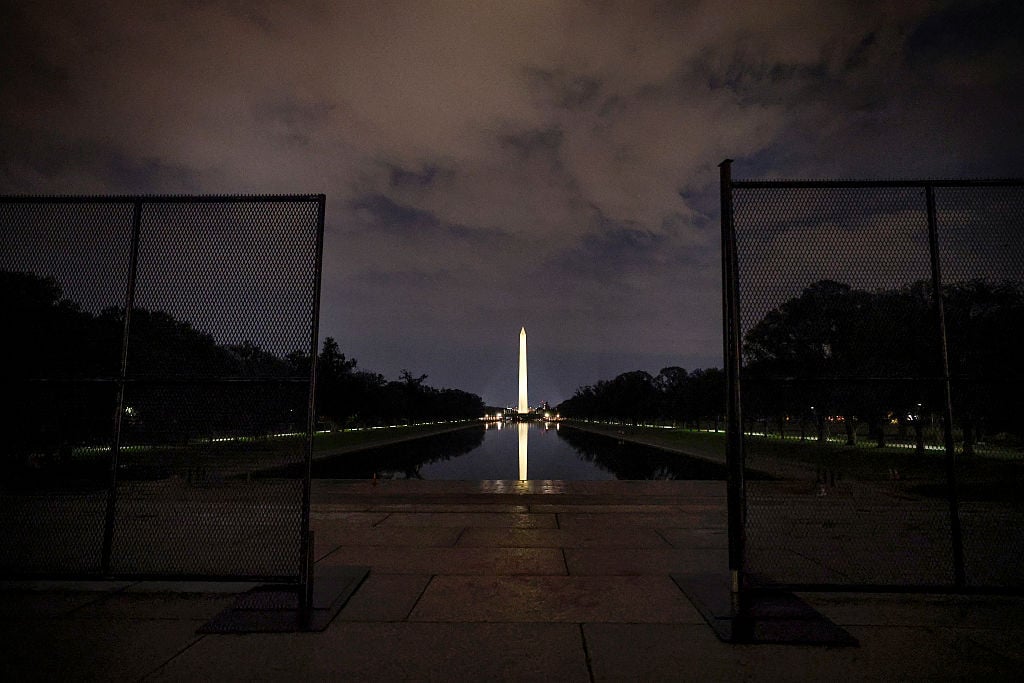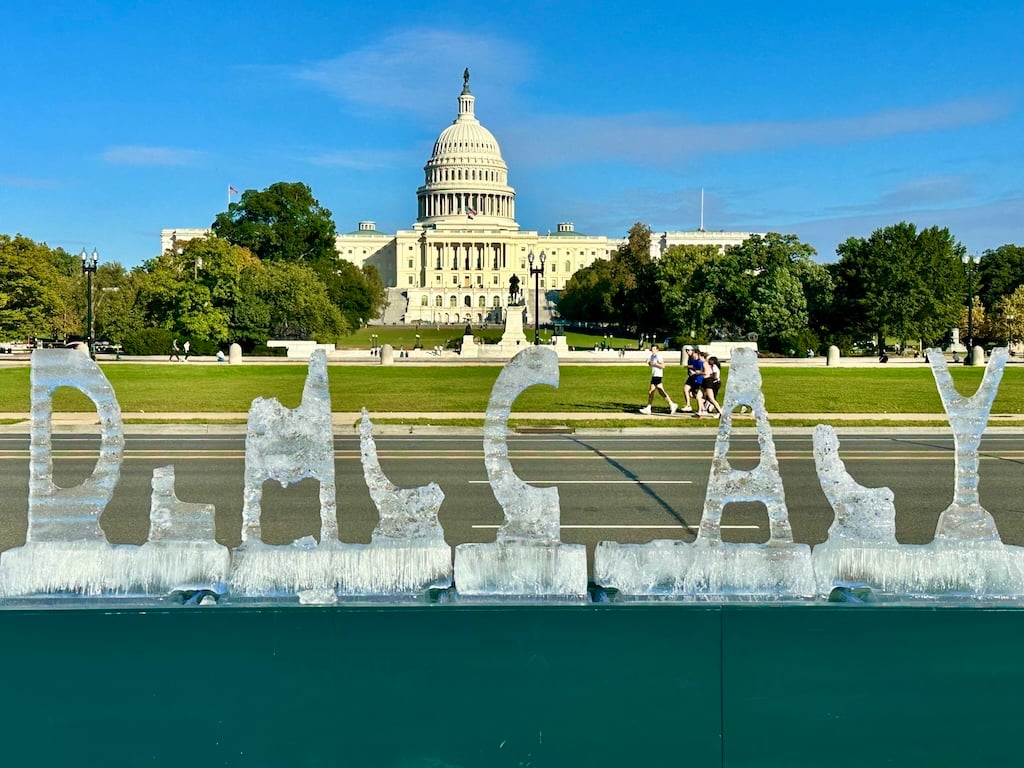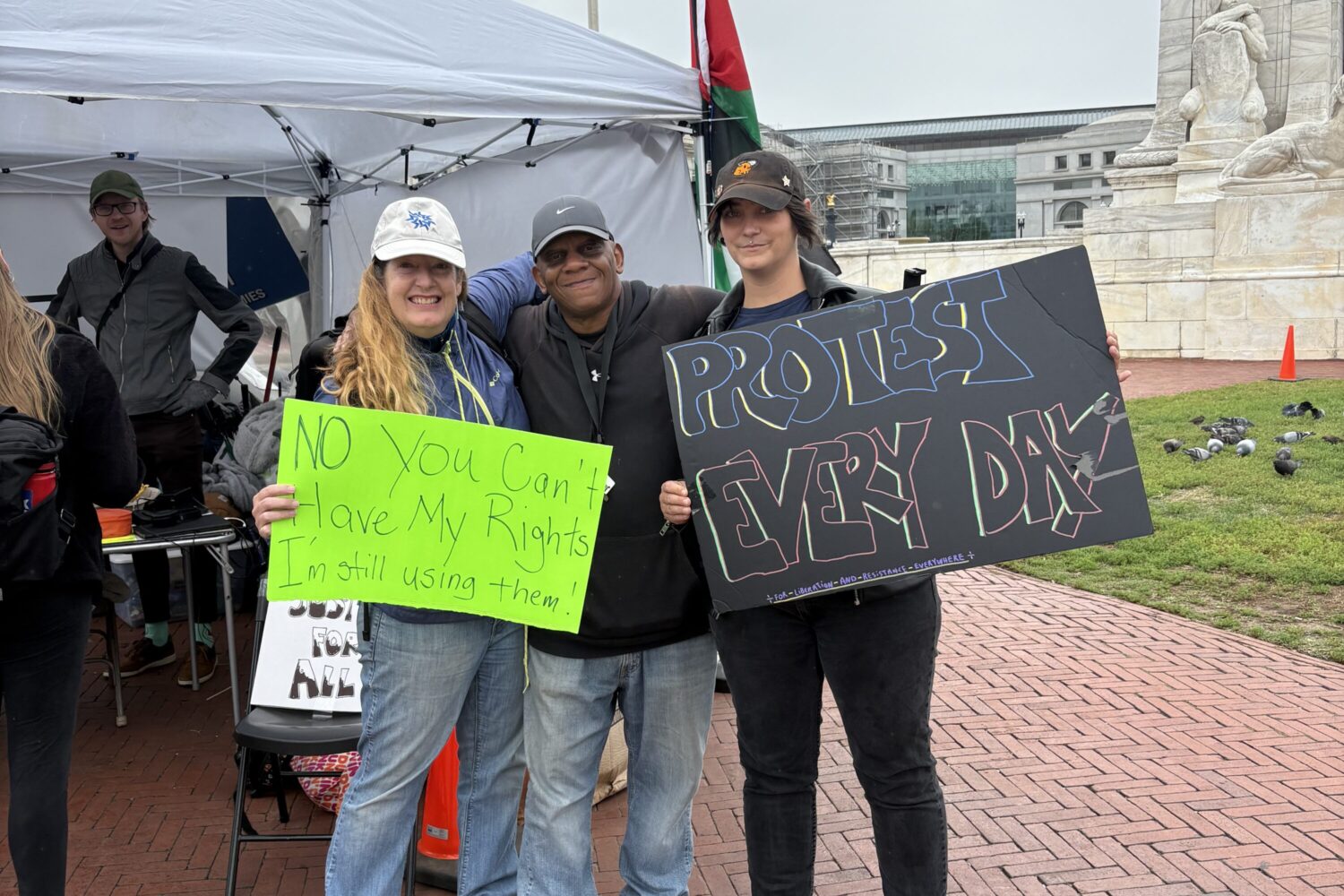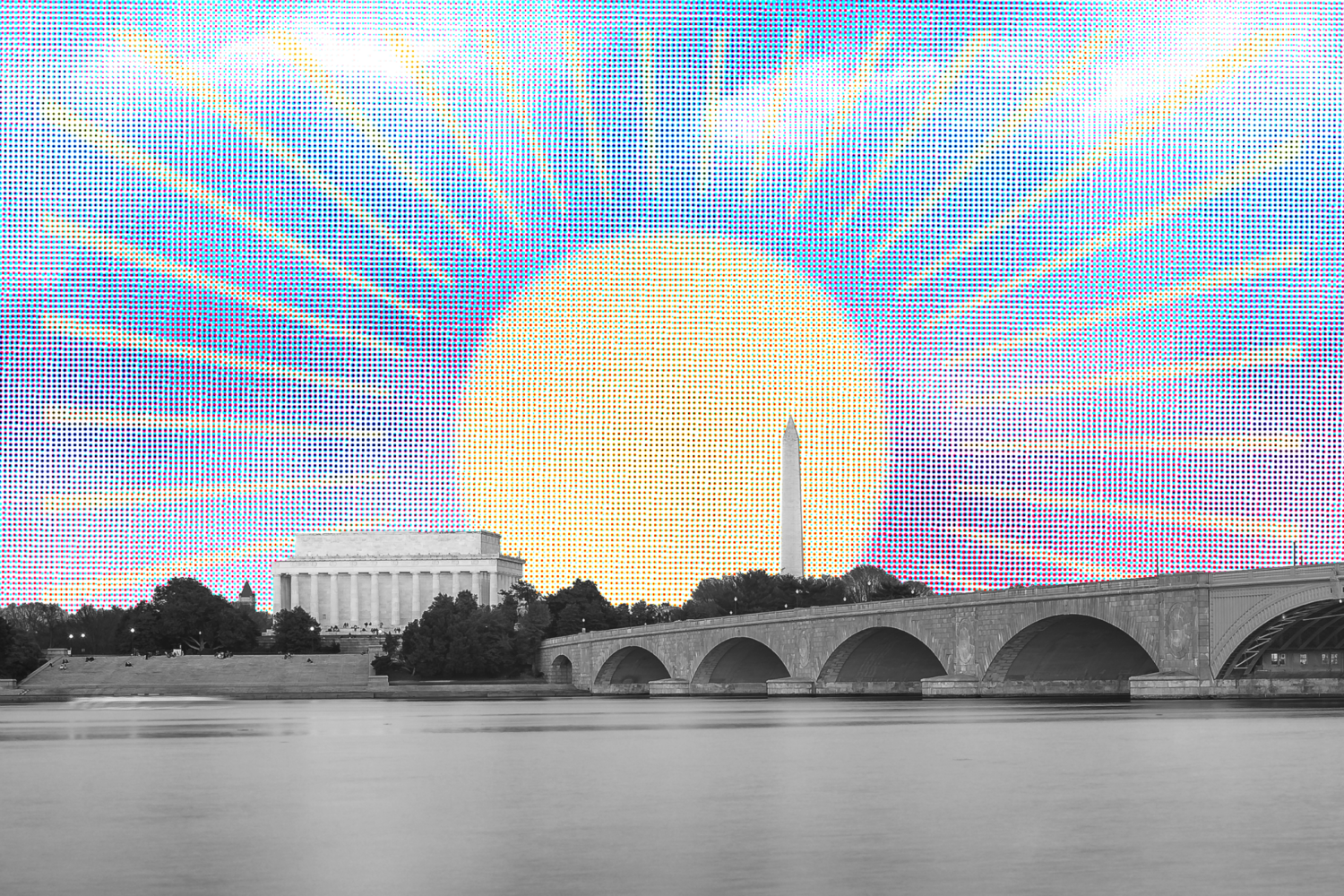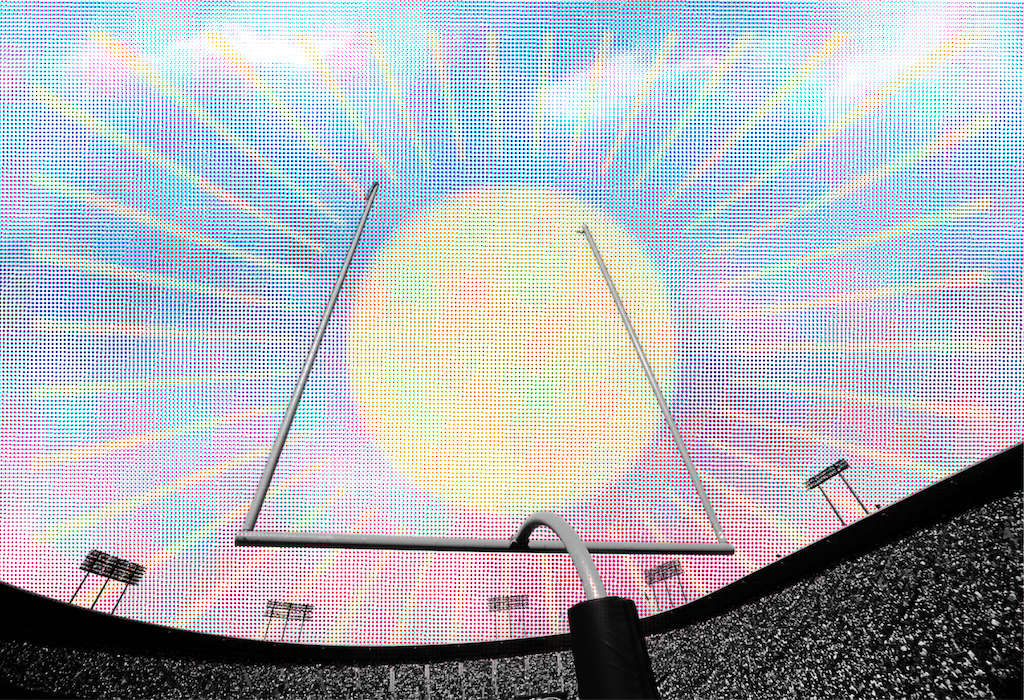A new Twitter bot has been exposing some hard truths about DC drivers. The worst ones rack up some intense parking tickets—as in $10,000 or more in unpaid fines. The current high score? $10,700. And was before the bot stopped granting high scores for that car’s plate.
🚨 @Lookkuss set a new high score with MD:2DH2148: $10700 in unpaid tickets! 🚨
— How's My Driving DC 🚨🤖 (@HowsMyDrivingDC) August 21, 2018
The bot is called @howsmydrivingdc and mimics a New York-based Twitter account called @howsmydrivingNY, which accesses a full traffic violation history. Unfortunately, this information isn’t publicly available to DC residents. But creator Daniel Schep realized parking tickets and automated enforcement tickets can be found through the DMV’s online payment system—all you need is a license plate. “I ended up going to a form that I admit I’ve had to use myself,” he says, laughing. After proving the concept, he had to wait for Twitter to provide him with API access, and then @howsmydrivingDC was up and running.
When a user mentions @howsmydrivingdc with a state and plate number, the bot enters that into the system, “solves the little captcha that does a bad job at proving you’re not a piece of computer software,” screenshots any results and replies to that Tweet.
On top of that, the account is running a game: when an acquaintance suggested a leaderboard, Schep added the high score feature. “Now I’m thinking of adding monthly high scores, because the actual high score is a number I never expected to see,” he says. “Once I had it, I was seeing, frankly, these much larger numbers than I ever expected.” That high score on MD:2DH2148? Schep capped high score tweets for that car when it hit $10,700, but he kept checking in on it periodically. It got up to $11,190 in unpaid fees, mostly sitting on 7th Street NW by the Mall, before finally getting towed. There was celebration.
https://twitter.com/schep_/status/1034543124616568832
As a bonus for anyone looking up groups of bad drivers, the bot usually replies to a request within 30 seconds, which—at least for this reporter—makes it a more efficient search tool than typing in the captcha code for each search. According to the DMV, that captcha is “used to eliminate the automated extraction of data and to ensure the user is a human and not a robot or machine.”
Schep says the bot’s success “points out how useless the captcha is. It makes it harder for humans and it doesn’t stop machines,” he says. But he’s fine with people using the bot for automated extraction. “This is public information,” he argues. “In a democratic government, this should be available to the constituency. Typing in the captcha is an unnecessary barrier to information that the government provides.” At press time, the DMV said it would “look into” its captcha.
For Schep, the bot “adds even more anecotal evidence to that effect: the DMV doesn’t do anything to actually stop this—enforcement doesn’t count if it’s just writing a ticket and the ticket does nothing,” Schep says.
But under DC law, those tickets can’t do much until they’re two months old. According to the Department of Public Works—which is in charge of ticket enforcement, not the DMV—a vehicle is eligible for booting or towing “if it has two or more unsatisfied parking and/or photo enforcement tickets that are 60 days old.” Then, if the DPW’s license plate scanning system picks up any “scofflaws’ vehicles,” the car gets booted—and booted cars get towed.
And, remember, the bot isn’t just returning parking tickets: it displays automated traffic enforcement tickets for speeding or running red lights, offenses that concern Schep even more. “From a point of view of being a huge cyclist and no longer owning a car, I think it helps highlight the fact that some of the worst offenders on the road—that make the lives of pedestrians and cyclists extremely dangerous—are repeat offenders,” he says. Drivers can only get points on their licenses for moving violations, not excessive fees, the DMV says.
But Schep says the biggest lesson, as MD:2DH2148 shows us, is that “some of the bad parkers are just always bad parkers. The bad ones out there are orders of magnitude worse than a normal bad parker is.”











